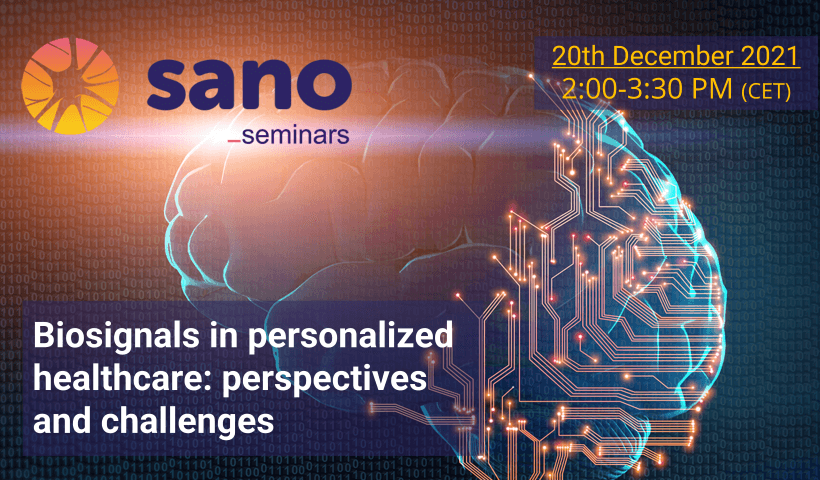Biosignals is an umbrella term to describe various modalities of physiological data continuously collected from human or animal subjects. Some examples of biosignals are well-known ECG (electrocardiography) and EEG (electroencephalography), but also e.g. mattress pressure data for assessing patient’s sleep quality.
The development of low-cost sensors caused an outburst of research on some robust modalities which can be collected using personal sensors: heart rate variability, breathing rate, temperature etc.. In turn, we observe a large qualitative jump of our understanding of personal physiology, well-being and the relationship between different measurements and health conditions. At the same time, a number of ethical and legal issues have been identified.
In this talk we would discuss several use cases of biosignals research placed in the context of neurology and psychiatry. From there we will pick up a discussion on the challenges of clinical biosignals research. Those include building truly interdisciplinary teams guided by the principles of research integrity, supporting FAIR data management and developing efficient processes of translational research. The final goal we need to keep in sight is that the research serves its declared purpose and helps to improve patients’ health and well-being.





